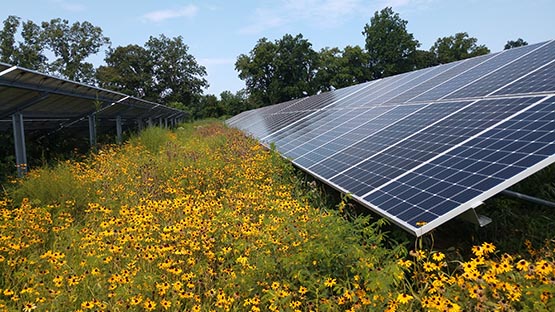
Methane is one of the leading contributors to greenhouse gasses with 80 times the warming power of carbon dioxide. Methane from human action drives up to 30 percent of today’s global warming.
As the world’s leading producer of oil and gas, the United States has a unique opportunity and a pressing obligation to lead the global community in reducing methane emissions.
The Methane Emissions Mitigation Research and Development Act, in accordance with the EPA’s recent methane rule, recognizes and encourages innovation. New technology like the recently announced Environmental Defense Fund’s methane monitoring satellite project MethaneSAT would assist in mitigating the effects of methane emissions.
Congresswoman Jennifer McClellan of Virginia joined U.S. Reps. Sean Casten of Illinois, Scott Peters of California and Kevin Mullin of California to introduce the legislation to create a program for methane emissions detection and mitigation research, development and demonstration for technologies and methods that would detect and mitigate emissions.
“The climate crisis is one of the greatest threats we face, and vulnerable communities bear the brunt of environmental degradation and long-standing injustices,” McClellan said. “We must continue to take decisive steps to curb harmful emissions and protect our planet. I am excited to help introduce the Methane Emissions Mitigation Research and Development Act to provide us with the tools to meaningfully address this problem.”
Casten said that one of the most effective way to fight climate change is by cutting methane emissions.
“This bill will implement lasting changes to transition to a clean energy future, provide opportunities for innovation to mitigate methane emissions, and get us on the path to achieving net-zero emissions by 2050,” Casten said.
In fact, according to Peters, controlling the emissions of methane is key to slowing global warming and creating a future of clean energy.
“Our legislation will support new innovative technologies to detect and reduce methane emissions, while providing significant resources to respond to methane leaks. It also gives every level of government – from local to state to federal – the help needed to combat climate change through proactive methane reductions,” Peters said.










